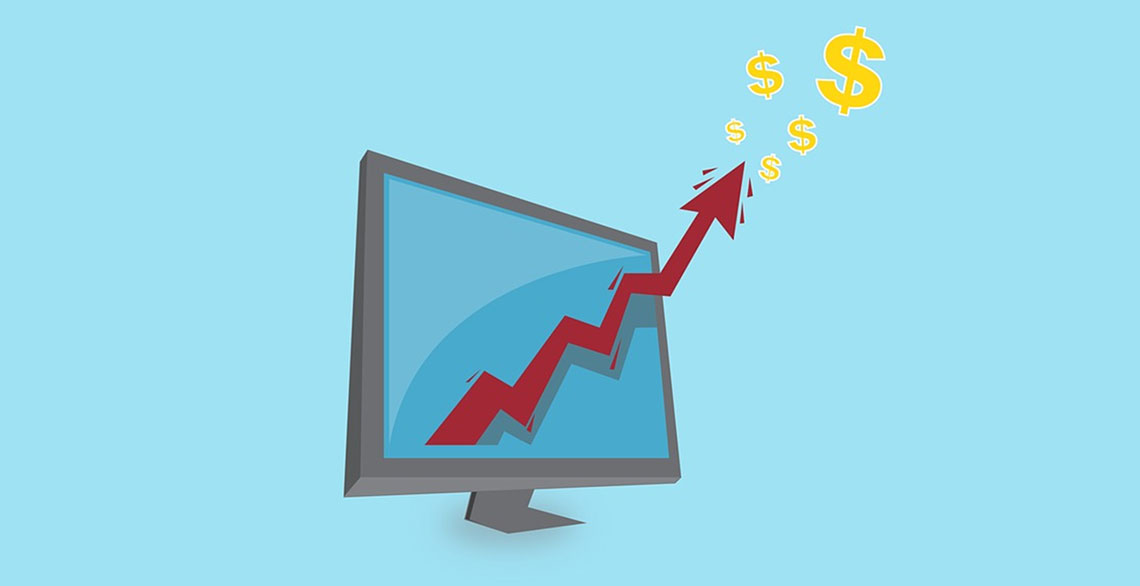How to Get a $20,000 Loan with Bad Credit
We took a look into the high-dollar loan options potentially available to those with low credit scores.
It’s easy to assume that high-dollar loans are out of the question when you have a less than amazing credit history. But there are ways to get a $20,000 loan with bad credit. Let’s look.
Secured Loans
The reason a traditional bank won’t lend to you if you have bad credit is because they view you as too much of a risk. The risk being that you won’t pay back the loan. One way to reduce the risk is to secure the loan. That means putting up collateral that’s worth at least as much as the loan, so if you default, the lender takes less of a hit.
A loan provider will be a lot more likely to work with a customer who’s willing to secure a loan. Remember, though, as the risk moves away from the lender, it will likely end up closer to you.
Risk: When you put up collateral, you are basically telling the lender that they can have that item if you can’t pay back the loan. If it happens, they’ll get the collateral on top of whatever you’ve already paid toward the loan, which means the lender could end up making more if you default than if you’d paid the loan off on time.

Auto Title Loans
One type of secured loan is the auto title loan. It’s possible to use an auto title loan to get $20,000 with bad credit. It’s definitely not guaranteed, though. Here are a few things you should know:
- Auto title loans aren’t available in every state. So your first step toward a title loan should be to check if your state allows this type of loan.
- According to the Federal Trade Commission (FTC), auto title loans tend to be around 25-percent to 50-percent of the value of the car associated with the loan. So if your car’s fair market value is less than $40,000, you probably won’t be able to get a $20,000 auto title loan.
- Many lenders charge a finance fee that’s a percentage of the loan amount. According to the FTC, the average rate is 25-percent (although, your rate could be different). Based on that figure, it’d be $5,000 for a $20,000 loan. And that’s just the finance charge. Most lenders charge interest on top of the finance fee.
If you do end up going with a $20,000 auto title loan, be sure to pay it back as quickly as possible. A loan of that size is going to generate a lot of interest. You don’t want that interest to become unbearable. Pay it off fast.
Unsecured Loans
We don’t want to play the role of naysayer, but if you have bad credit, it might be hard to qualify for an unsecured loan of $20,000. The risk will be too high for a traditional bank. Maybe before the financial crisis you would have had a better chance, but these days, banks just aren’t willing to lend that much money to someone with bad credit and no collateral.
It’s not just people with bad credit having a hard time getting high-dollar loans. Young people with a good credit score but no credit history also have a hard time getting large loans. It’s kind of a Catch-22, because you need to have experience paying off loans to be approved for a loan. If you find yourself in this situation, you might have some luck using a co-signer. A co-signer agrees to pay off the loan if you can’t. If you go with this option, just be sure that you and the co-signer communicate so you understand who’s responsible for what.

Personal Loans
According to the FTC, the average auto title loan ranges from $100 to $5,500. For loans higher than that, many people turn to personal loans.
There are different types of personal loans. You can use an online lender finder, like LoanStart.com, to request a loan for up to $35,000. If you have a bad credit score, you probably won’t be matched with a P2P lender or a bank personal option. Instead, you’ll likely be directed to a lender that offers personal installment loans. For these loans, interest rates and fees vary based on your credit score, loan term, location, and other factors.
An online personal loan can be a viable option for those that need a large sum of money in a short period of time.
Loan Alternatives
There are three major reasons people get a $20,000 loan:
- Pay off other debts. When handled right, debt consolidation can lead to lower interest payments. But that won’t happen if you take out a high-interest loan to pay off your debts.
- Buy a car. Depending on your city’s public transportation system, a car might be a necessity to get you to work every day. Still, we suggest you never pay more than 20-percent of your salary toward a car loan.
- Make home repairs. There are many home repairs that are unsafe to hold off on. Other repairs can be delayed until you are in a better financial situation.
Before you apply for a loan, though, you should make sure you’ve exhausted all your other interest-free options. Your friends and family might be willing to help. Sure, you’ll have to swallow a little pride to ask, but that’s better than being on the hook for interest and finance charges.
It is possible to get a $20,000 loan with bad credit. An auto title loan might not be an option, though. Hopefully you can find something that works for you without having to take on too much interest.

